Linseis presented its latest hardware options for the Chip-DSC 100 (Chip-DSC L66 Ultimate) at the world’s largest plastics trade fair, K 2019. The “big brother” of the Chip-DSC series features the intelligent chip technology that is already successfully used in the Chip-DSC 1 (Chip-DSC L66 Basic) and 10 miniature devices.
Below you will find the latest developments and possible modules for the Chip-DSC 100 (Chip-DSC L66 Ultimate):
HP DSC
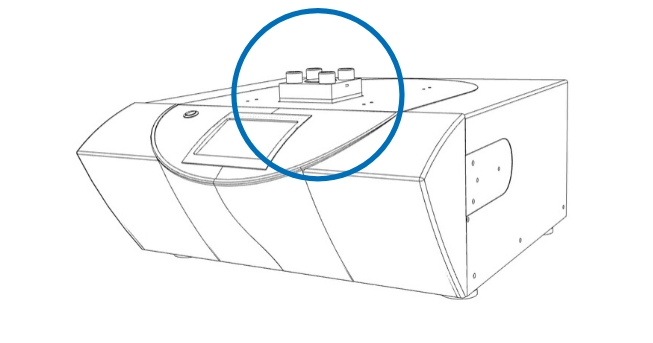
The 50/150 bar high-pressure cell enables OIT stability tests to monitor the ageing of polymers, oils and greases. Processes under high pressures can be simulated and optimized, e.g. sorption, chemical reactions, etc.
Optical DSC
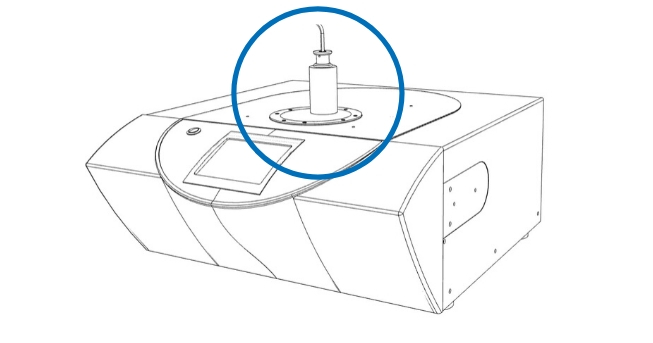
The Chip-DSC 100 (Chip-DSC L66 Ultimate) can be equipped with a CCD camera to observe the sample during the measurement. The visualization of the sample gives a much deeper insight into phase transitions and decomposition processes.
Photo DSC

The photo attachment enables measurements under UV light for investigating UV curing systems. Due to the very short time constant of the chip sensor, fast UV curing reactions in the sub-second range can also be measured.
RAMAN DSC
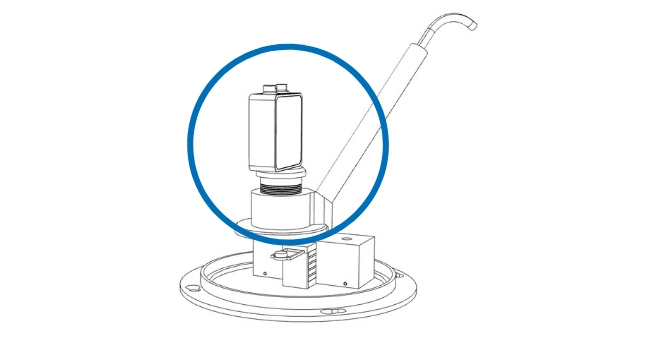
Coupling the chip DSC with a Raman spectrometer can be realized very cost-efficiently. The amorphous and crystalline phases can be detected very accurately and in situ in the Raman spectra.
Sample robot DSC
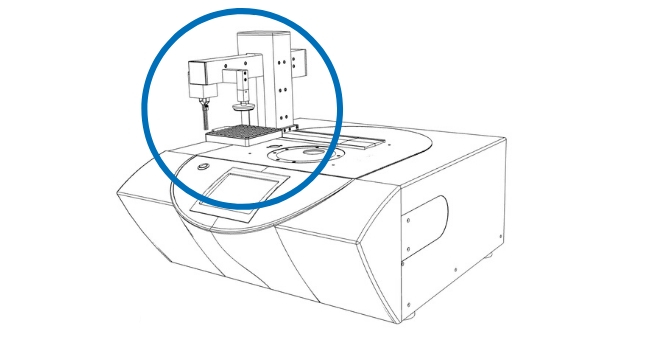
The sample robot for up to 96 samples significantly increases productivity. The device can run automatically overnight or at weekends. Together with the intuitive and intelligent software, it reduces your labor costs and saves time.
Low temperature DSC
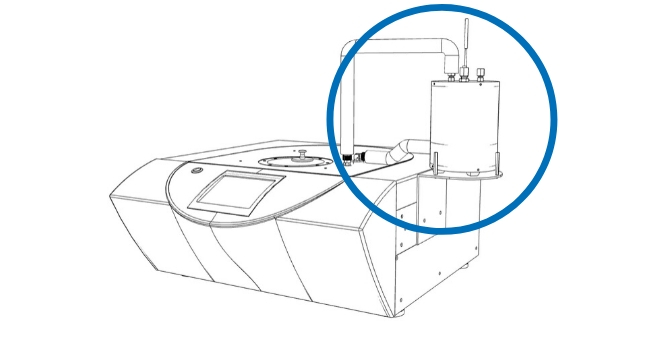
Cooling can be realized with a variety of cooling options: Intracooler, liquid nitrogen cooling or a Peltier cooling system. The available temperature range under sub-climatic conditions can be extended to -180°C.
